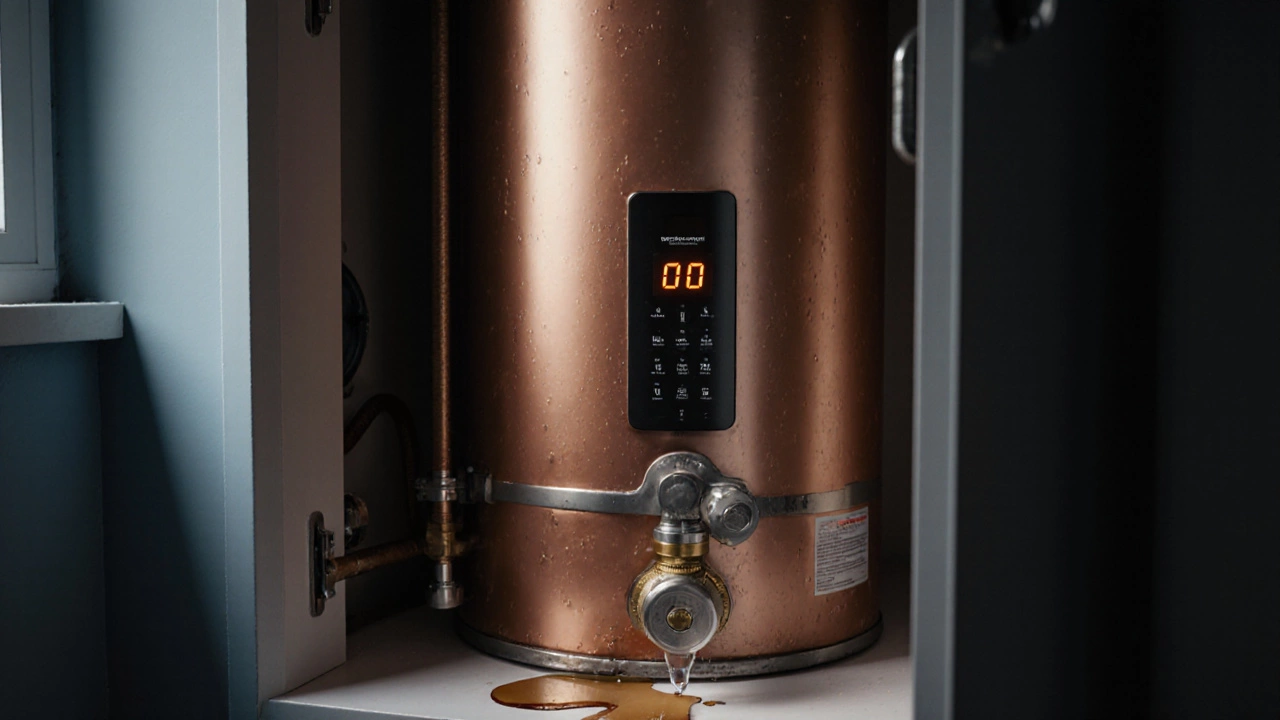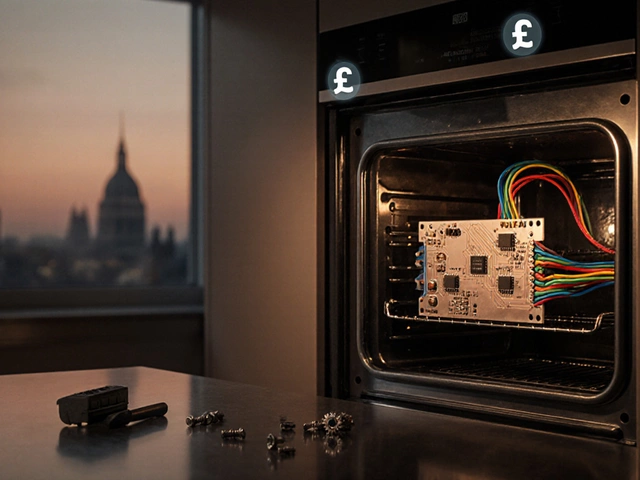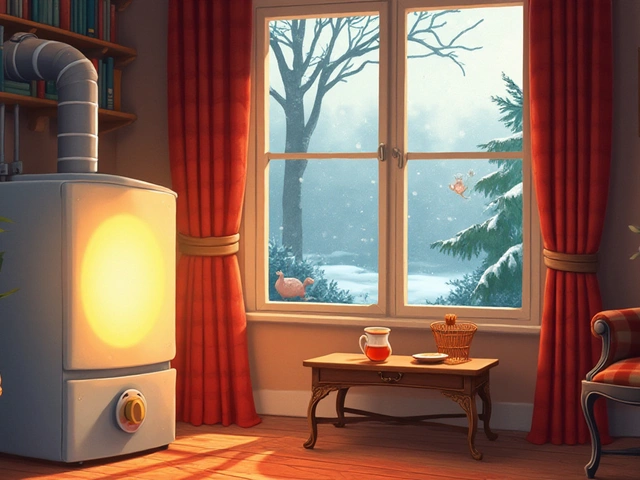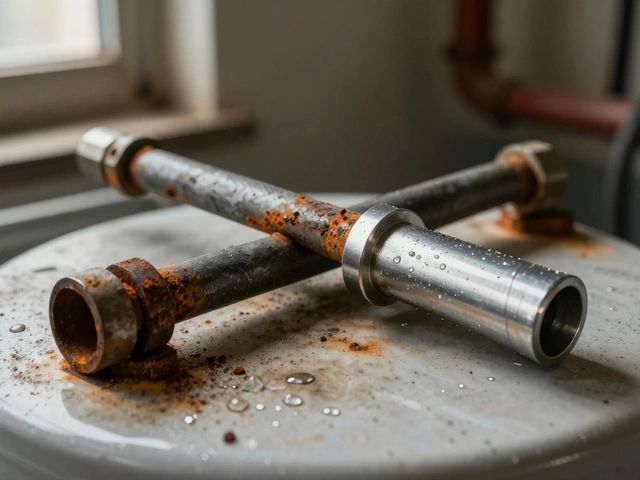When dealing with hot water heater signs, the visible clues that tell you your water heating system is struggling, you’re basically reading the language of your home’s plumbing. Also known as water heater warning signs, these hints range from weird noises to cold showers. Understanding them helps you catch a failure early, saving time and money. A water heater, the appliance that actually heats the water, can be electric or gas‑powered. When it starts to misbehave, the boiler provides the heat for many hot water systems in the UK often shows the same symptoms, because both rely on the same heat source or circulation network. The reset button, a safety feature built into many units, is another key player – frequent trips indicate an underlying issue that the signs are trying to flag.
First, if you turn on the tap and only get cold water, that’s the most obvious sign. It can mean a broken heating element, a failed gas valve, or a dead thermostat. A second clue is temperature fluctuation – water that starts hot then quickly goes cold, or vice‑versa. That usually points to a failing burner, sediment buildup, or an issue with the thermostat’s sensor. Strange sounds like popping, hissing, or grinding are not just annoying; they often signal mineral buildup, a cracked heat exchanger, or a failing pump. Leaks around the base of the heater or from the pressure relief valve are another red flag – they suggest corrosion, a cracked tank, or excessive pressure. Finally, notice if the heater’s pilot light keeps going out (for gas models) or if the electric unit’s reset button has to be pressed repeatedly. Each of these hot water heater signs is a symptom of a deeper problem within the heating system, the water heater’s internal components, or the building’s plumbing layout.
Knowing these clues lets you move from panic to action. A quick visual inspection can confirm leaks, while checking the thermostat and resetting the unit can rule out simple glitches. If the reset button trips more than once, or if the water heater is over 10‑15 years old, it’s time to call a professional. Regular flushing, cleaning the vent, and testing the pressure relief valve can extend the lifespan of the heater and keep the signs at bay. Below you’ll find a curated set of articles that dive deeper into each symptom, explain step‑by‑step troubleshooting, and tell you exactly when to pick up the phone for expert help. Ready to get your hot water back on track? Explore the guides for practical fixes and peace of mind.

Spot the top warning signs of a failing hot water heater, from strange noises and leaks to temperature swings and error codes, plus practical fixes and when to call a pro.

Curious about what counts as an appliance? Get concrete examples, clever tips, and practical facts about home appliances to make smart choices for your household.

Learn the typical UK price for an oven control board, factors that affect cost, DIY steps, and when to call a professional in 2025.

Neglecting boiler maintenance can lead to a series of unfortunate events, from reduced heating efficiency to costly breakdowns. A neglected boiler could become a safety hazard, potentially increasing the risk of carbon monoxide poisoning. Regular servicing can enhance your boiler’s longevity, ensuring a warm home environment during cold spells. Discover why these routine check-ups are more crucial than many realize and learn how they can save you from avoidable expenses.

Replace your water heater's anode rod every 1-2 years in hard water areas to prevent tank corrosion. A simple £20 part can save you hundreds in repairs.

Cracks in electric hobs can show up suddenly and cause real headaches in the kitchen. This article looks at why electric hobs crack, from common mistakes to sneaky issues with installation. You'll get practical tips on how to prevent damage and handle minor cracks. Find out when you can fix a hob yourself and when it's smarter to call for professional help. Stay ahead of costly repairs and keep your cooking space safe.